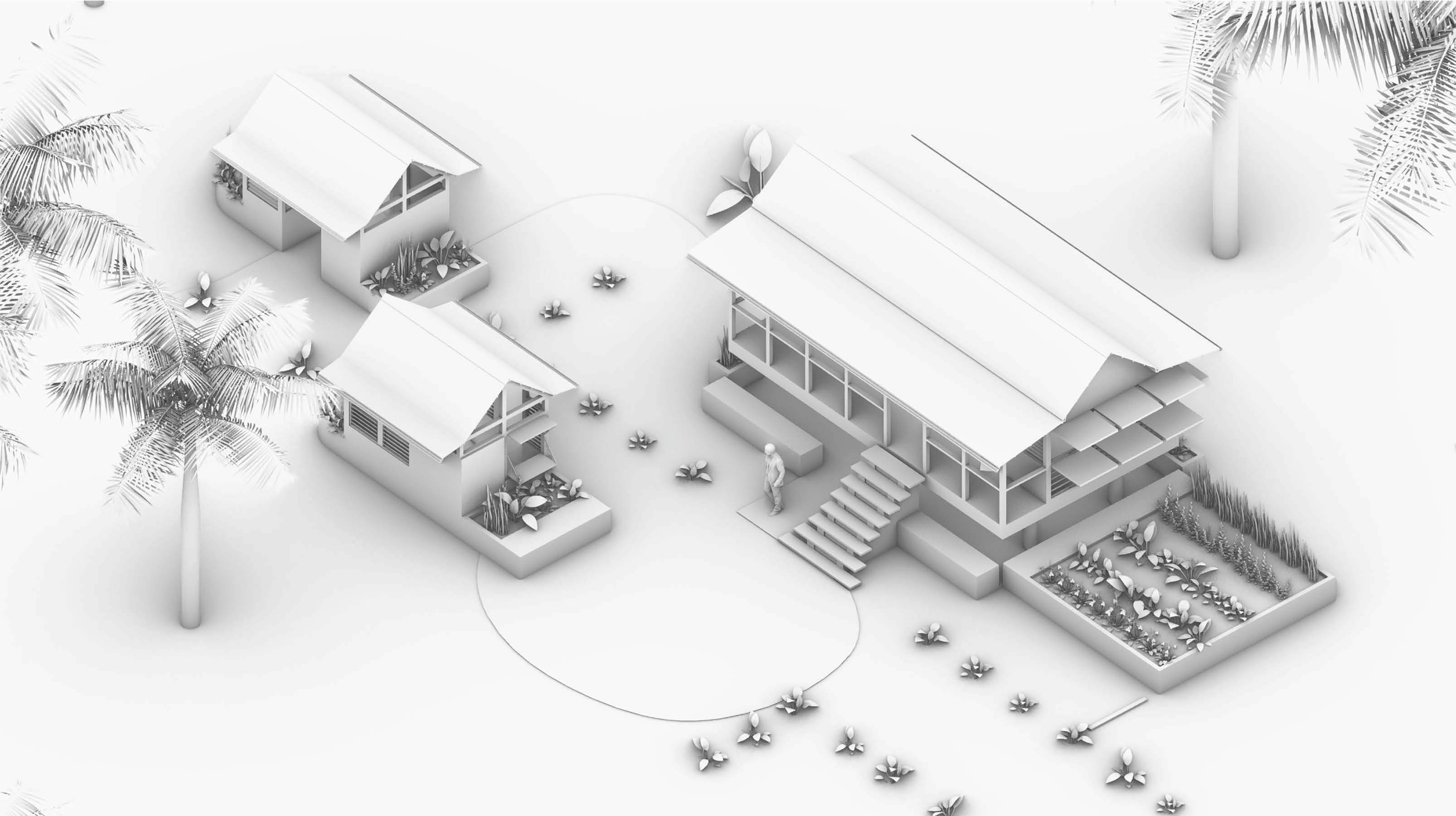
This essay proposes collaborative Hawaiian design thinking as a model for innovative housing architectures based on ʻike honua, a sense of place determined through knowledge of the land. We examine community-led (re)building efforts in Hawai‘i as relational acts between human and non-human forms, acknowledging sustainability as an embedded practice. Engaging with kūpuna (elders, ancestors) as a decolonial praxis transforms environmental management through co-created futures in a settler colonial state. This ethic contrasts with technocratic planning decisions that depend on foreign resources and energy imports to mitigate a low-inventory housing market exacerbated, in part, by climate-related disasters.
Continue reading:






